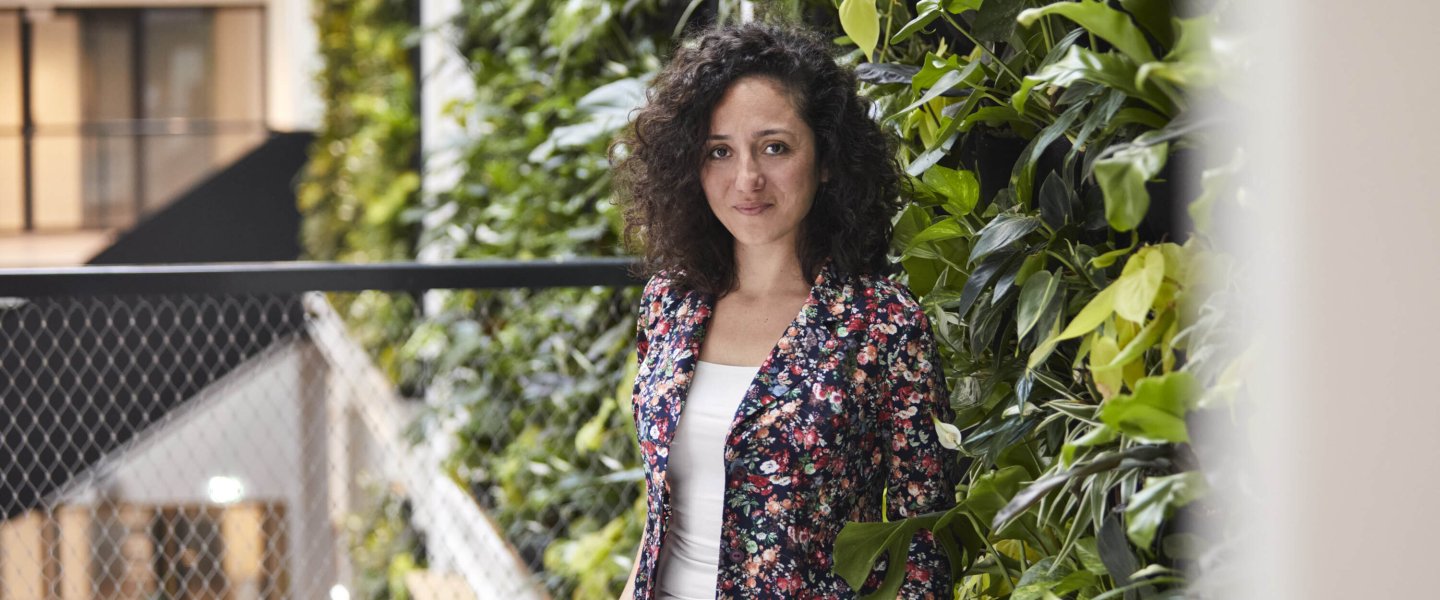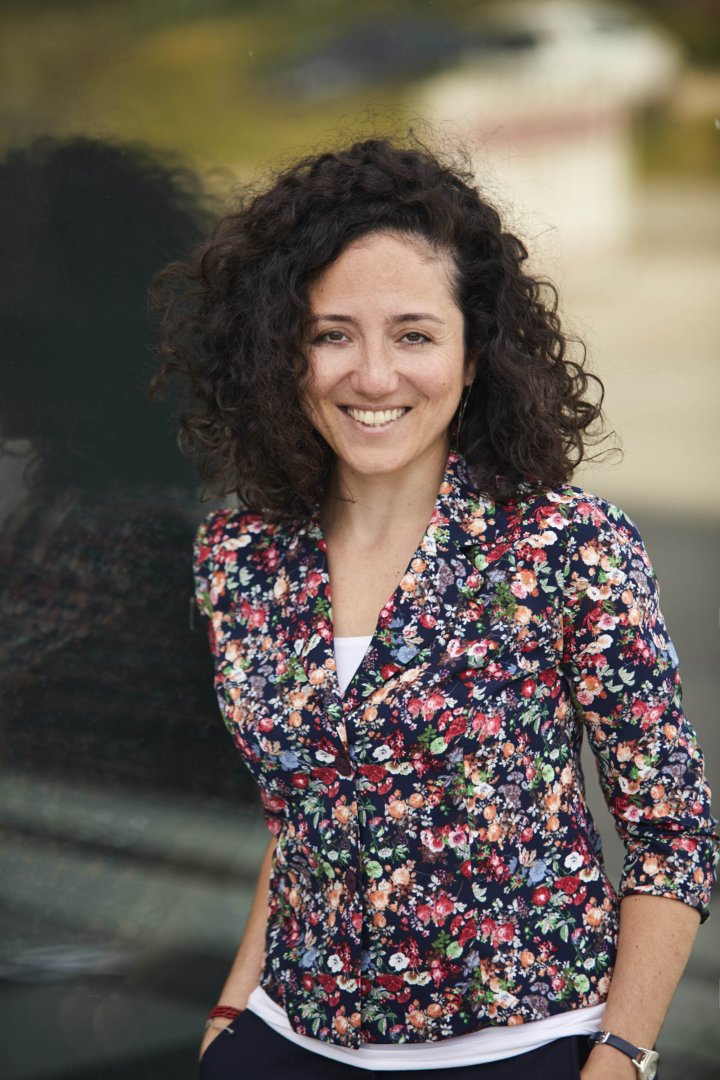
Aybüke Özgün: the philosophy of AI
Have you ever wondered how often you use your imagination each day? It’s likely to be more often than you think. ‘Humans use their imagination all the time,’ claims Aybüke Özgün, logician and researcher at the UvA’s Institute for Logic, Language and Computation. She studies the logic behind imagination and knowledge and how the two are related. We’re not talking about the sort of imagination required for unicorns and castles in the air, but the kind we use for more practical matters.
Imagination is crucial to decision-making
Aybüke: ‘Let’s say you’re a student who needs to drop out of a course. You imagine a set of hypothetical scenarios to maximise your chance of obtaining the required number of credits. Based on those, you draw a conclusion and make a decision.’
She gives another example: ‘In the early days of the coronavirus pandemic, universities faced a large number of decisions about their teaching. Were they going to move to hybrid or fully online teaching? In order to make a balanced decision, they had to imagine a variety of scenarios and their potential consequences for students. These allowed them to arrive at the right solution.’
‘We can also engage in counterfactual reasoning about the past, thinking of how things might have gone differently: would I have had the accident had I stopped when the traffic light was yellow?’

Humans do this almost subconsciously. ‘One of the remarkable things about the human mind is its ability to imagine detailed and intricate scenarios that are alternatives to actuality.’
You might expect this process to be entirely arbitrary, but this does not seem to be the case. ‘According to several theories of imagination in cognitive science and philosophy, this kind of imagination follows strict reasoning patterns. Formalising these patterns by using logic, forms part of my research.’
We’d like to achieve a situation in which robots are able to think in a similar way and make balanced decisions on the basis of relevant information.
Patterns of imagination
The question is: how does this knowledge benefit us? ‘The question whether an accident would have taken place if we'd stopped before a yellow traffic light is not just relevant to us, but also to AI applications, such as those in the fields of self-driving cars and safety.’ The exact way to apply the theory in an AI context falls outside Aybüke’s area of expertise.
Nevertheless, she is making attempts to capture the patterns of human imagination in artificial languages. Aybüke: ‘This is a type of language used by computers. If you write something down in English, a computer won’t understand what you mean. So you express your message in formulas instead. However, we must not lose sight of the fact that the human thought process is extremely complicated. Eventually, we’d like to achieve a situation in which robots are able to think in a similar way and make balanced decisions on the basis of relevant information.’
Working in LAB42
What does Aybüke expect to gain from working in LAB42? ‘Once we’re all working in the same building, I hope we will have more opportunities to engage in dialogue about the ethics and social consequences of the widespread use of AI. This is a cause of concern to researchers like myself, who have an interest in the philosophy of AI.
About Aybüke Özgün
- Working as an Assistant Professor in Responsible and Ethical AI at the Department of Philosophy and the Institute for Logic, Language and Computation, University of Amsterdam. Specialised in in logic and formal epistemology;
- More information on Aybüke’s personal web page.